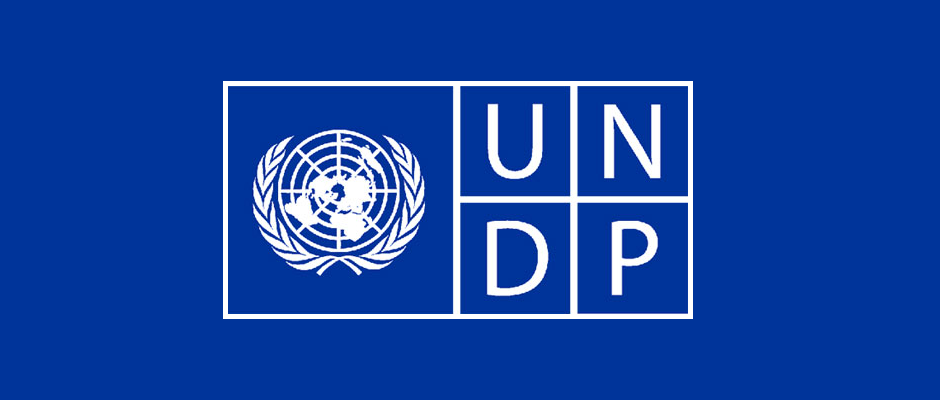
Reforming economic governance at the local level is essential if the benefits of Myanmar’s transition are to reach the majority of the country’s people. Already, some state/region governments have begun experimenting with policy changes in the local economic governance system. This newfound experimentation is possible because Myanmar’s decentralization process has created new avenues through which subnational governments can reform economic governance in areas including municipal governance, fisheries, forestry, land, agriculture, and others. This decentralization process has also created new entry points for the international community to engage with Myanmar about improving economic governance.
Despite some changes, many aspects of the old local economic governance system remain. Addressing some of these issues is a significant opportunity for the new government to bolster its economic credibility and bring tangible benefits to Myanmar’s people.
This report from The Asia Foundation explores local economic governance in Myanmar, starting with a review of decentralization in Myanmar and a detailed examination of key local economic governance actors. It then highlights two local governance issues that are potential areas for reform: (1) the local revenue system, which is often regressive and fee-dependent; and (2) the commonly used auction-license system, which can restrict competition and create economic rents. The final section includes recommendations for reforms that could help improve local economic governance.
Read the full report here.
Bissinger, Jared (2016). Local Economic Governance in Myanmar. Yangon: The Asia Foundation.
Jared Bissinger is a development economist based in Yangon, Myanmar. He is currently leading the ILO’s engagement with business associations in Myanmar.



